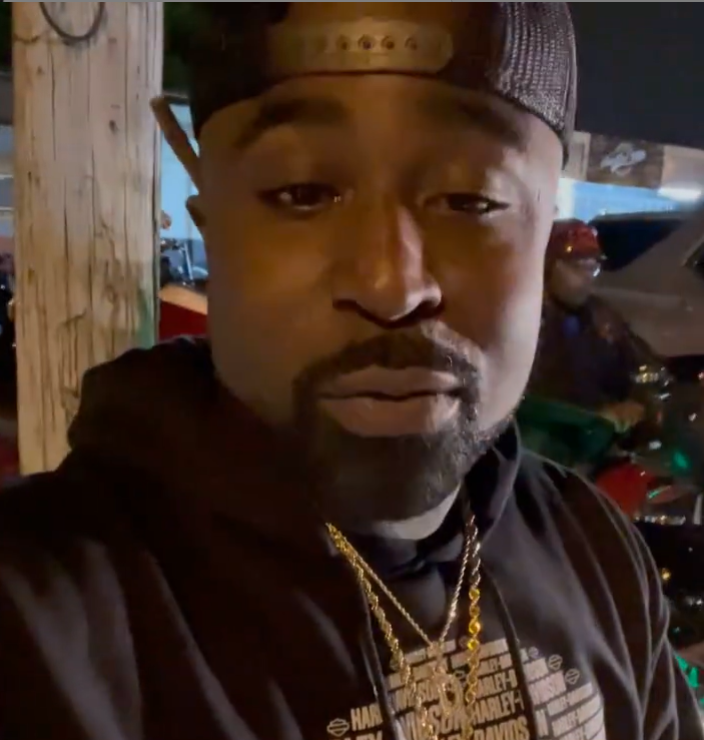In the evolving landscape of personal finance, bankruptcy has emerged as both a disgrace and a lifeline, something that is especially apparent in prominent cases such as that of Young Buck. The tumultuous journey through Chapter 11 has not only brought to light the complexities of financial rehabilitation but has also ignited a fervor among fans, critics, and legal scholars alike. Young Buck’s current predicament, now compounded by a new lawsuit, underscores the multifaceted ramifications of seeking solace in bankruptcy protection—a topic that invites a shift in perspective.
Initially, bankruptcy appears to be a sanctuary, a legal battleground where one can negotiate debts and reestablish their financial footing. But for many, including the former G-Unit rapper, this refuge can quickly devolve into a labyrinth of complications. Young Buck’s ongoing financial tribulations illustrate the precarious nature of this safety net. Once revered for his musical contributions and vibrant personality, he now grapples with the unrelenting shadows of fiscal mismanagement that threaten to overshadow his legacy.
The recent lawsuit adds a layer of intrigue to an already convoluted narrative. As new claims surface, questions arise about the integrity of Buck’s financial disclosures and the actions of creditors who may feel wronged by his prior agreements. This legal entanglement reveals a brutal reality: bankruptcy does not erase debts; it merely postpones the inevitable reckoning. The scrutiny that Young Buck faces can serve as a cautionary tale for others navigating similar financial storms.
Yet, what drives an artist to such extremes? The answer lies not just in financial missteps but also in the personal challenges that accompany a career in the spotlight. The pressure to maintain a façade of success can lead to reckless decisions—possibly exacerbated by lifestyle choices fueled by fame and fortune. In this regard, Young Buck’s saga provokes a broader discussion on the psychological impact of celebrity culture and financial responsibility, prompting society to reevaluate its views on wealth, bankruptcy, and redemption.
Furthermore, his experience serves to highlight the broader implications of celebrity bankruptcies in an era where public perception can shift in an instant. As fans wrestle with their admiration for an artist against their financial failings, the dialogue surrounding forgiveness and understanding becomes increasingly complex. Should celebrity failures evoke empathy, or do they simply reinforce the notion of irresponsibility within the entertainment industry?
Ultimately, Young Buck’s journey is not merely a personal battle; it is a reflective microcosm of a larger societal issue. As bankruptcy cases continue to dominate headlines, it compels individuals, both in and out of the limelight, to reevaluate their financial strategies, future aspirations, and, most importantly, their concept of success. The road ahead may be fraught with challenges, but each twist and turn can serve as a pivotal moment for learning and growth.
